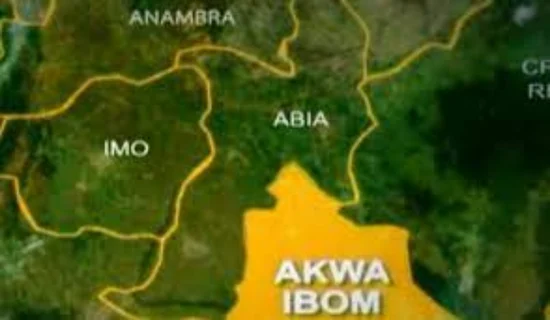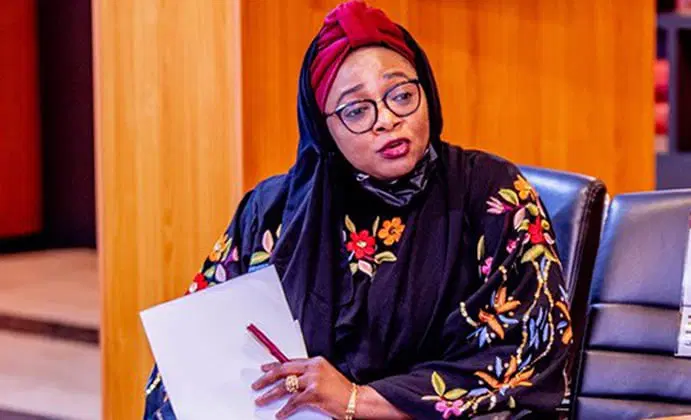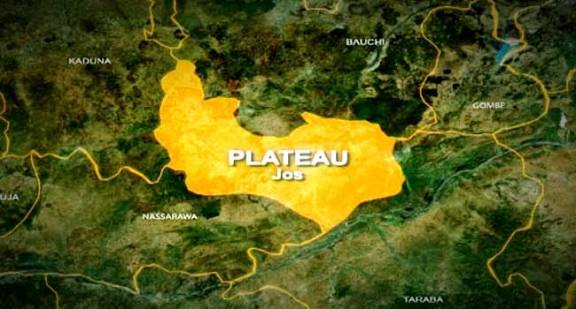The Chief Executive Officer of RwandAir, Yvonne Makolo has said he expects Qatar Airways to complete its purchase of a majority interest in the central African country’s carrier as early as next month.
Makolo said “It’s been going on for a while, we have been discussing it for almost five years. So, now, we’re really at the tail-end of it.”
Makolo stated that the partnership with Qatar Airways would boost the country’s aviation sector and allow the state-owned carrier to expand its operations and fleet, as US aircraft manufacturer Boeing projects that intra-African passenger traffic will more than quadruple in the next two decades.
“We access over 70 points on their network, and they access a number of points, especially in central Africa, where they don’t have a presence”, Makolo said, adding that the deal would help RwandAir expand its fleet and routes and upskill its staff. RwandAir currently owned only three widebody aircraft used for its Brussels, London, and Paris flights, she said.
Qatar and Rwanda have been negotiating a deal for the past five years that would give the Gulf nation’s carrier a 49% interest in RwandAir for an unknown fee, according to the Financial Times.
According to the report, Qatar Airways and RwandAir did not reply to calls for comment beyond regular business hours.
The Qatar Airways CEO Badr Mohammed Al Meer had earlier in the year stated that the company would shortly announce an investment in a southern African airline.
In 2019, Qatar Airways acquired a 60% stake in a new $1.3 billion international airport being built in Rwanda, and the airline has codeshare agreements with many African carriers, including Rwanda Air.
The new Kigali airport may potentially draw regular aviation traffic from African countries to Doha, where Qatar Airways’ aircraft might operate under RwandAir flight numbers.
This will boost RwandAir’s range and cut Qatar Airways’ flight times to West and Central Africa and maybe catch up to Emirates and Ethiopian Airlines in the continent.
It will let Doha get access to Rwanda’s fertile land, diversify its supply sources, and purchase and transport Rwandan agricultural products by air.











